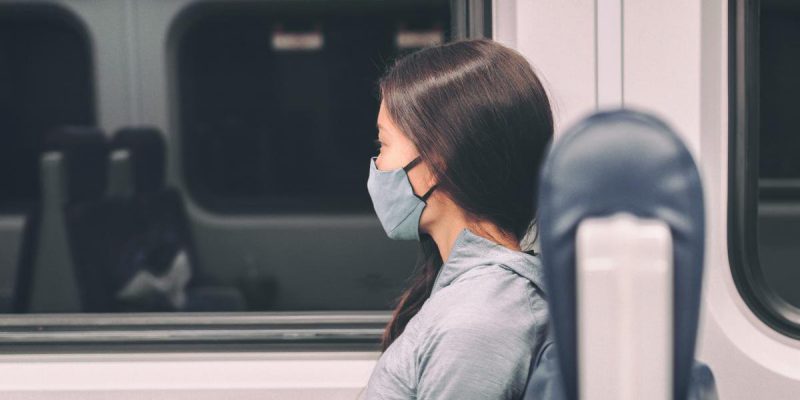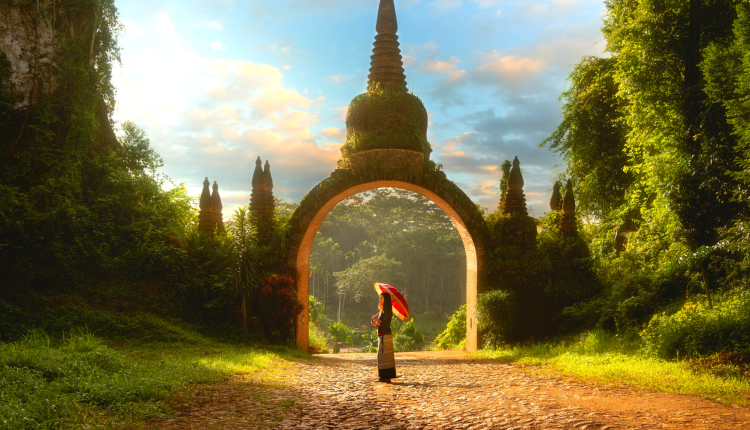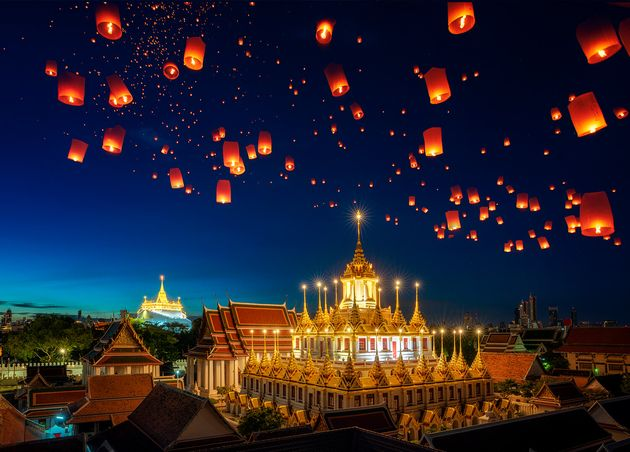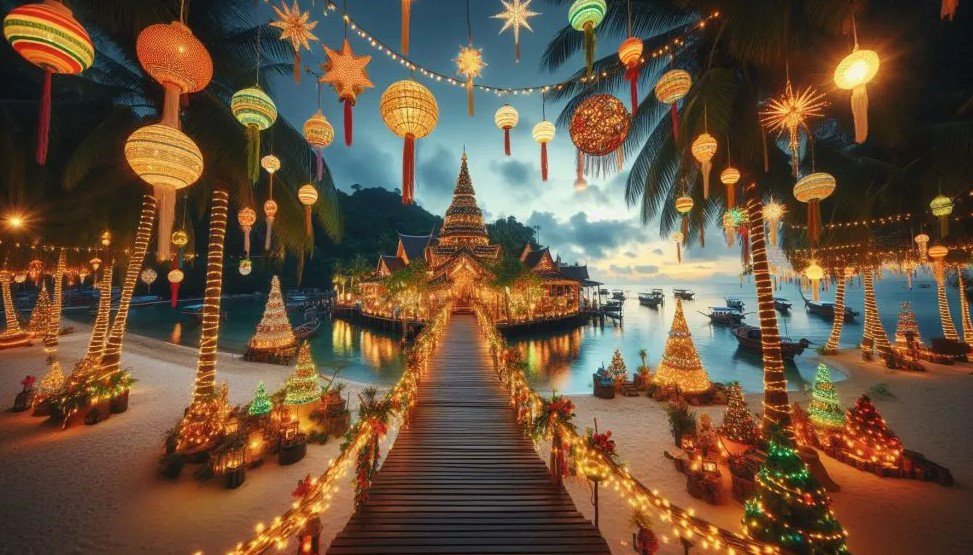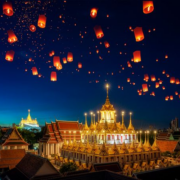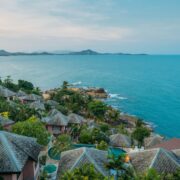Before you travel to Thailand during Covid-19, here’s what you should know.
Editors Note: Coronavirus cases are still on the rise around the world. Traveling raises your chances of contracting and transmitting the illness, according to health professionals. The easiest method to prevent transmission is to stay at home. If you still intend to travel, the information below was last updated on June 8.
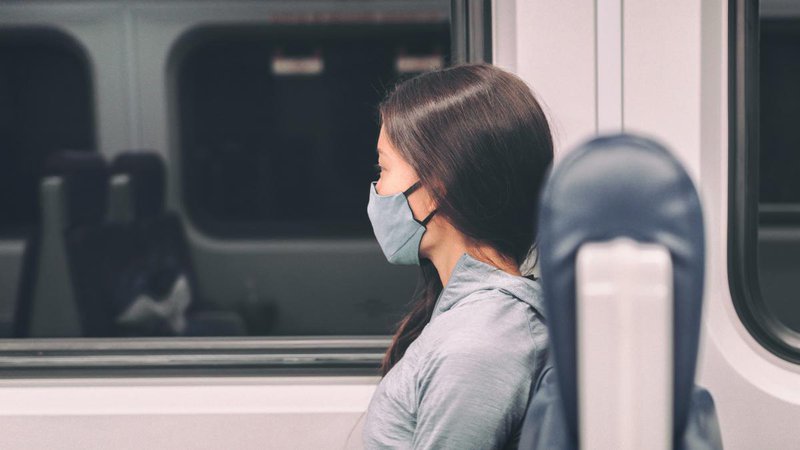
If you're considering a trip to Thailand during the Covid-19 pandemic, here's what you'll need to know and what to expect.
As of June 8, Thailand had recorded 1,297 deaths and more than 2,662 cases of Covid-19.
All tourists must stay in a government-approved quarantine facility or an Alternative State Quarantine (ASQ) facility for a period of 14 days.
Phuket will be the first Thai resort to reopen to vaccinated international visitors without quarantine procedures on July 1st, according to the Tourism Authority of Thailand.
What to expect?
Islands that are picture-perfect. Golden sands and waving palm trees. Temples with ornate carvings and verdant trees. Thailand has always been the go-to spot for those looking for a low-key, easy-on-the-eye tropical getaway.
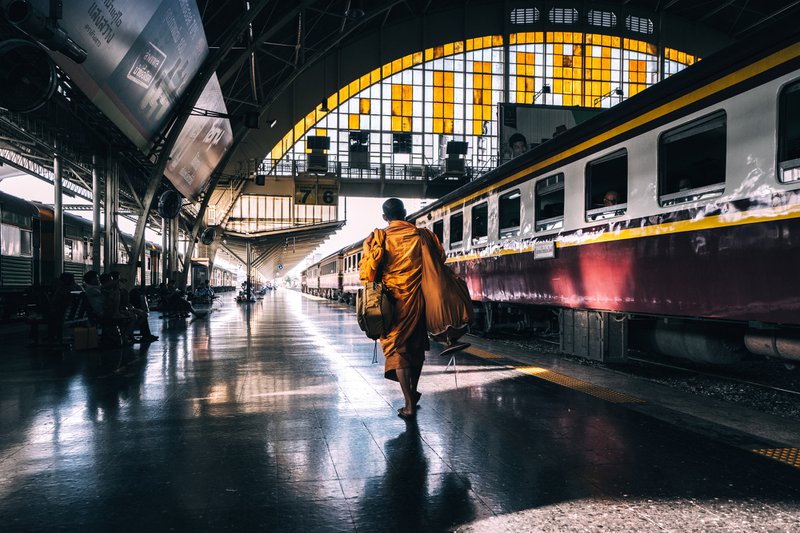
Who can go?
Passport holders from the United States, Canada, the United Kingdom, and Australia are exempt from obtaining a visa when visiting Thailand for tourism purposes and are allowed to stay in Thailand for up to 45 days per visit. They must, however, get a Certificate of Entry and undergo quarantine upon arrival.
Tourists from countries that are not exempt from visa requirements can apply for a Special Tourist Visa (STV).
All passengers who have received a Certificate of Entry must download and register for the Thailand Plus App. They will be required to display a QR code upon arrival in Thailand, which will be scanned by Thai authorities.
Thailand published an online step-by-step guide with complete information on admission processes on April 21.
What are the constraints?
Visitors who enter under the "Tourist visa exemption programme" are allowed to stay for up to 45 days.
Meanwhile, the STV, which went into effect in October 2020, allows for 90-day stays and is renewable twice.
It was originally only available to passengers from low-risk countries, but it is now open to all tourists worldwide. You must apply for an STV through your home country's Thai consulate or embassy.
All tourists must show documentation of an insurance policy that covers Covid-19 therapy up to $100,000 in costs, as well as a negative PCR test is done within 72 hours of departure. As of April 1, the requirement for a "fit-to-fly" health certificate has been removed.
On arrival, all tourists must take a PCR test, and then quarantine in government-approved quarantine facilities or Alternative State Quarantine (ASQ) facilities. This can include high-end hotels, some of which offer quarantine services.
Asq.locanation.com has a comprehensive list of participating hotels and resorts, as well as package rates.
What's the Covid-19 situation?
Due to tight quarantine on arrival restrictions, Thailand has recorded few locally transmitted Covid-19 infections for months.
However, the third wave of infections has hit the country, resulting from outbreak clusters in numerous Bangkok nightclubs in early April.
Travel between provinces is now discouraged.
Currently, the country is reporting an average of 2,000-3,000 new cases every day.
Across the country, restrictions have been strengthened. Bangkok, Nonthaburi, Pathum Thani, Samut Prakan, Chon Buri, and Chiang Mai have all been designated as a maximum- and strict-control zones.
Restaurants in these six provinces are open, however, they are only permitted to operate at 25% of their normal capacity. Sports establishments, including fitness centers, as well as theme parks, theatres, spas, and parks, have been forced to close.
Daily reported Covid-19 cases
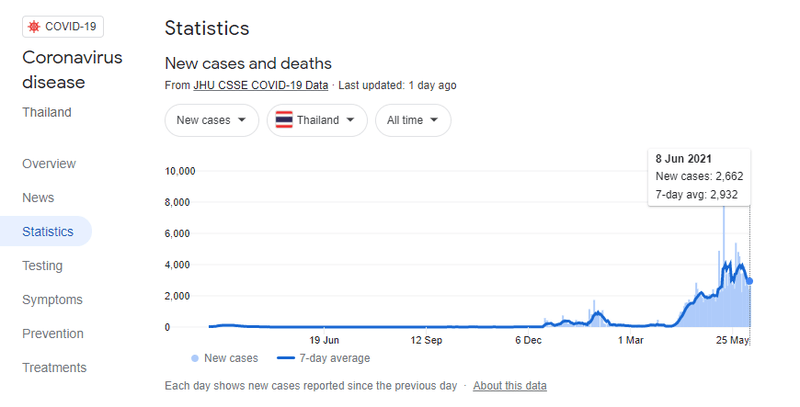
What can visitors expect?
In public, masks are worn at all times, both indoors and out, and temperature checks are commonplace. Fines will be imposed on those who do not wear masks.
Entertainment venues around the country, including bars and nightclubs, have been forced to close.
Over 80 national parks have been forced to shut down for the time being.
Prior to the new outbreak, locations within driving distance of Bangkok had benefited from domestic tourism, but other generally popular locations such as Phuket and Koh Samui had not.
Visitors will find vacant beaches and highly cheap lodging alternatives at these locations.
Due to a dearth of tourists, several stores, restaurants, and hotels on Phuket's southern beaches of Patong, Kata, and Karon have closed.
The Latest Coverage
Officials say the famous resort island of Phuket is still on schedule to reopen to international tourists on July 1 as Thailand battles its third and worst Covid-19 wave since the pandemic began.
Phuket is still struggling after being cut off from international tourists for over a year. Many of the island's beaches are desolate, and businesses are still shut down.
The majority of backpackers who travel around Asia spend at least a few days on Bangkok's Khao San Road. We look at how the crowded avenue grew from a rice market to become the world's most recognized travel hub.
Phuket is one of the most well-known beach resorts in the world, and it also has one of the best beaches for plane-spotting in the world. Are you planning a trip there? Pru, Phuket's first and only Michelin-starred restaurant, is a must-visit.
Meanwhile, resort communities within driving distance of Bangkok are capitalizing on the desire to travel among the inhabitants. Hua Hin, a beachfront town, is one of them.
SOURCE: CNN

